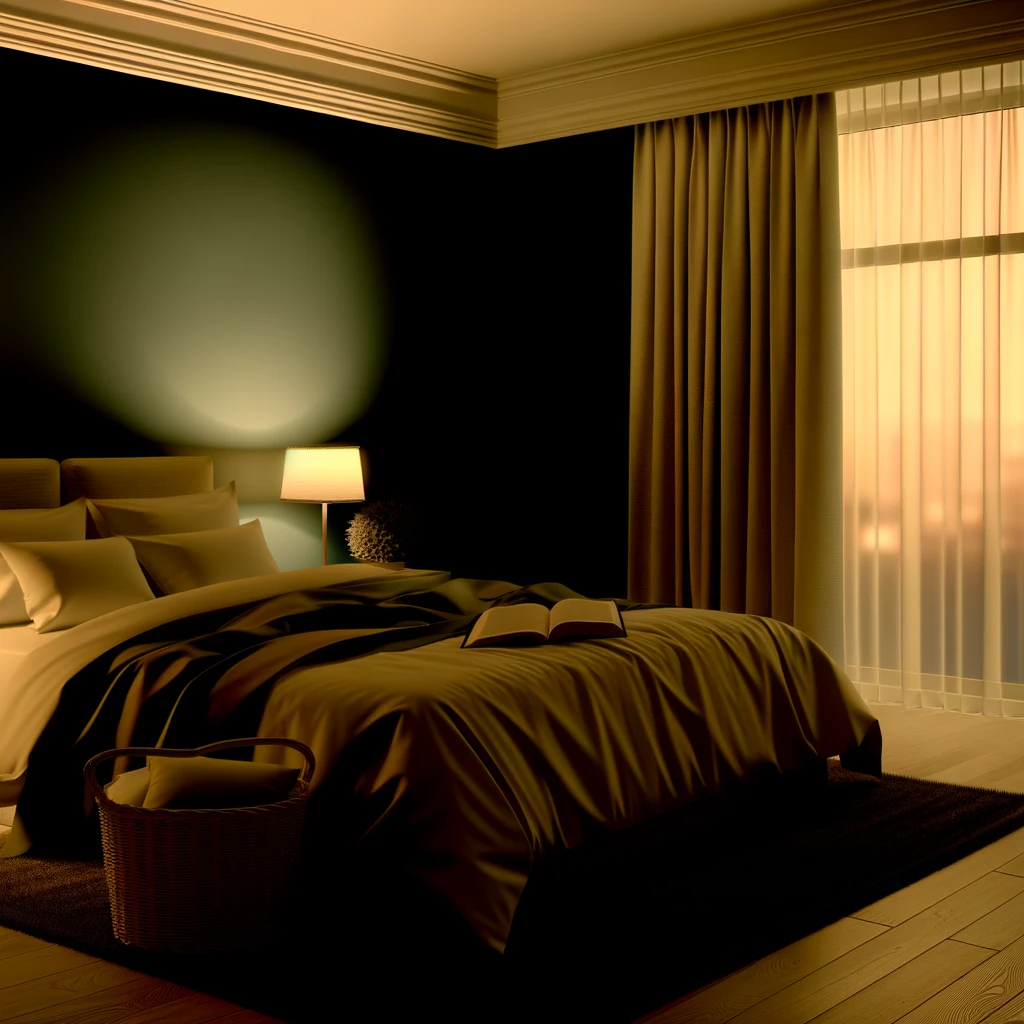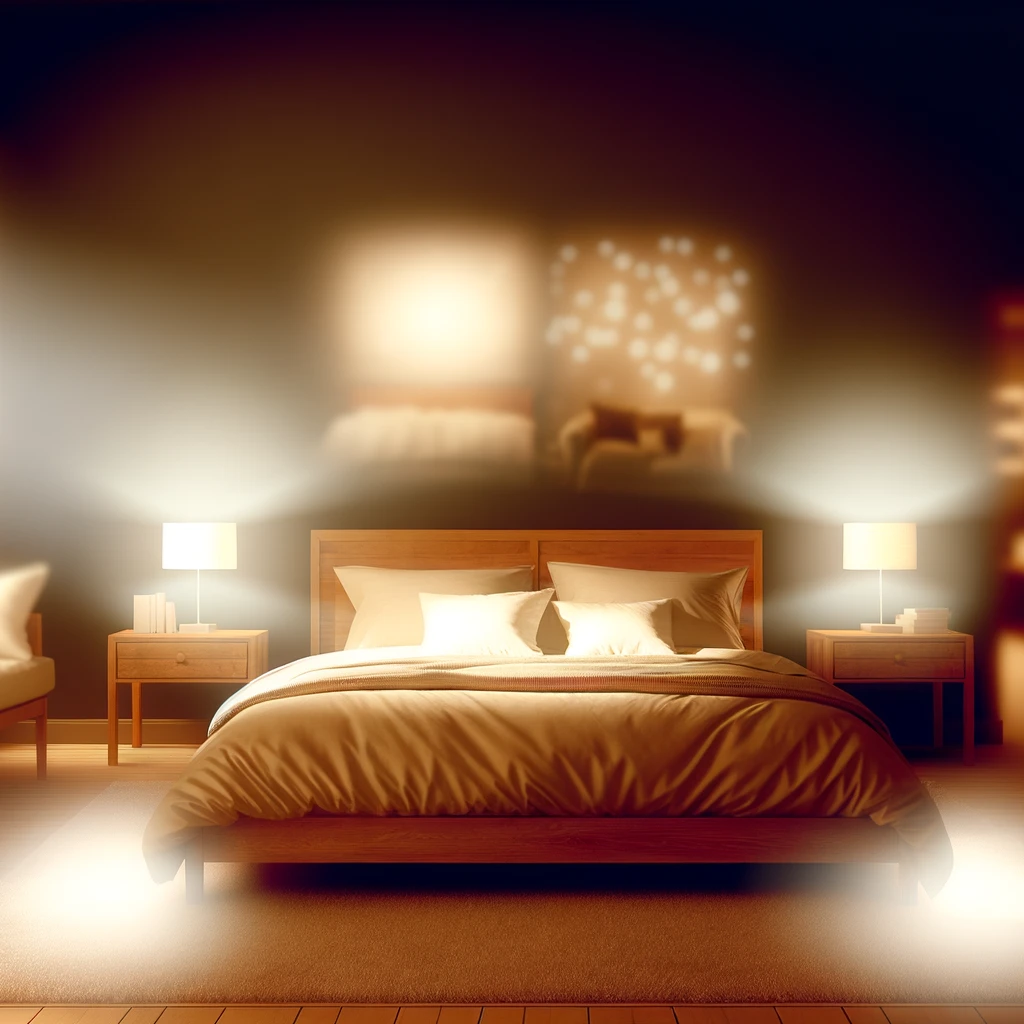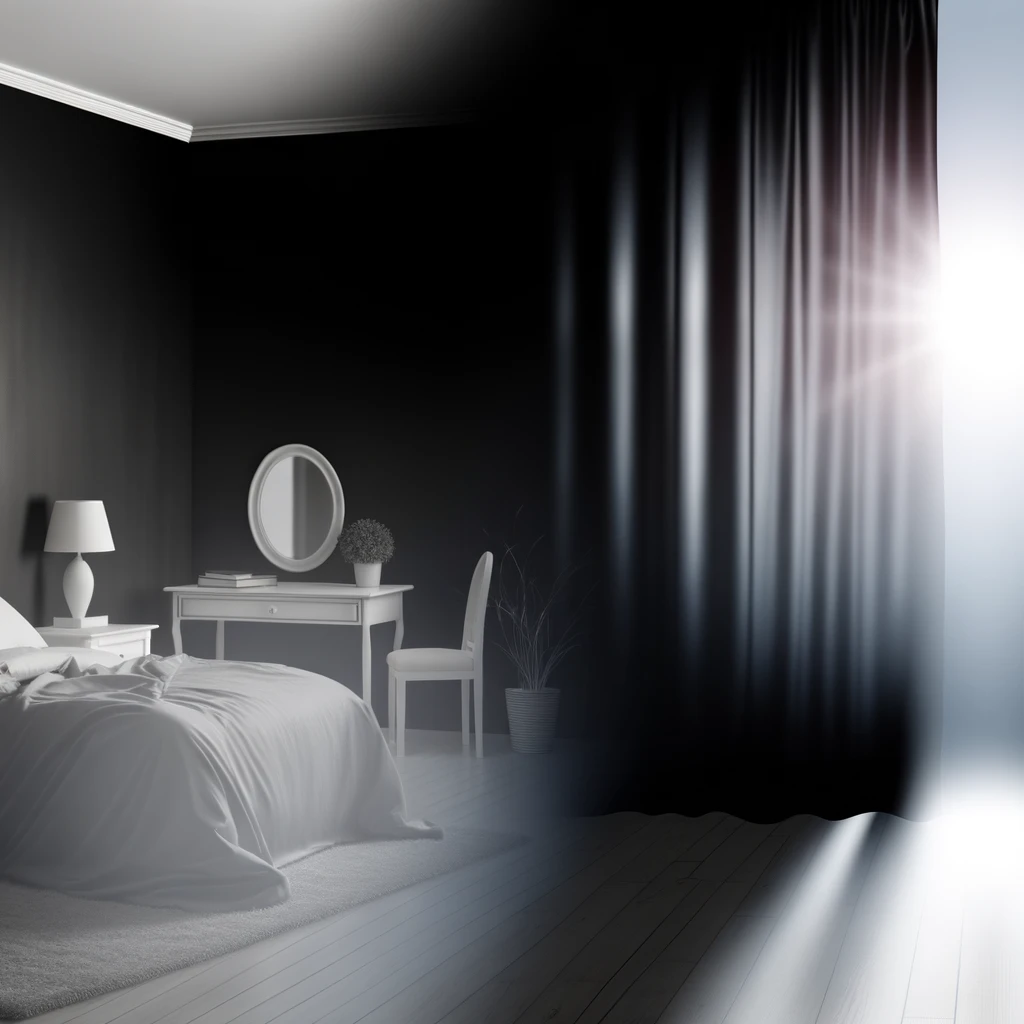Related Articles











As the seasons change, so do the patterns of daylight and darkness, affecting our natural sleep cycles. This phenomenon is largely driven by changes in the duration of daylight, which can disrupt our circadian rhythms and impact overall sleep quality. By understanding these seasonal changes, we can better adapt and maintain healthy sleep habits year-round.
Light is a powerful regulator of our sleep-wake cycles. The presence of natural light signals our bodies to wake up, while its absence encourages the production of melatonin, a hormone that promotes sleep. During the longer days of summer, increased exposure to daylight can lead to reduced melatonin production, making it more challenging to fall asleep at night.
To counteract the effects of extended daylight, consider implementing the following strategies:
In contrast, shorter days and longer nights during the winter months can lead to excessive sleepiness and increased production of melatonin during the day. This can result in difficulty waking up and a feeling of sluggishness throughout the day.
To manage the effects of prolonged darkness, try these tips:
Regardless of the season, maintaining a consistent sleep schedule is crucial for optimal sleep health. Try to go to bed and wake up at the same time every day, even on weekends, to help regulate your body's internal clock.
Everyone's sleep needs and responses to seasonal changes are unique. By paying attention to your body's cues and implementing the above strategies, you can enhance your sleep quality and adapt to the changing patterns of daylight and darkness. Remember, a good night's sleep is essential for your overall health and well-being.